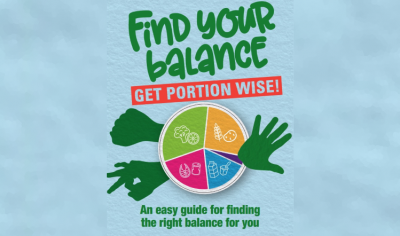Food groups attack ‘ultra-processed’ food criticism

A report issued last week, Household availability of ultra-processed foods and obesity in 19 European countries, found that more than half the food UK consumers bought (50.7%) was ‘ultra-processed’. The term was used to mean made in a factory with industrially processed ingredients and additives.
Head of the research team Professor Carlos Monteiro from the University of São Paulo claimed there was a link between these types of food and obesity and poor health.
However, the Institute of Food Science & Technology (IFST) refuted these claims, saying processing was a normal part of food preparation that was often necessary for safety and palatability of products.
A spokesman told FoodManufacture.co.uk: “The fact that the finished dish has been through processing in an industrial environment – or indeed that other ingredients or additives have been used in the process – does not make the finished products less nutritious or inherently ‘bad for you’.
‘Little relevance to nutrition’
“Ultra-processing is a concept; at best a suggested means of categorising foods produced in an industrial setting. The relevance of consumption of such food and beverage products to health outcomes is not validated by science and has little relevance to nutrition.”
The British Nutrition Foundation (BNF) echoed the IFST’s sentiments. It also claimed the report did not take into consideration the different types of processed foods consumers ate or the foods’ nutrient content.
“Many of the foods classed as ‘ultra-processed’ – such as confectionery or fried snacks – would be considered as foods to limit, according to UK healthy eating advice,” the BNF stated.
However, it continued: “It also includes foods considered part of a healthy diet, such as breads, breakfast cereals and unsaturated spreads.
“Conversely, some of the foods that are in the less processed categories are those that should be limited in the diet, such as salt, sugar, honey and butter. Therefore, it’s difficult to draw conclusions about the effects suggested in this study.”
‘Safe, affordable food’
The Food and Drink Federation (FDF) urged people to stop demonising processed foods, as they provided all sectors of society “access to safe, affordable food”.
It also claimed processed foods had become healthier in the past 10 years, due to reformulations by manufacturers.
An FDF spokesman said: “In the last decade food and drink manufacturers have reduced the sugar, salt, fat and calories in their product ranges, and there is now a greater variety of healthier products available to shoppers than ever before.”
















